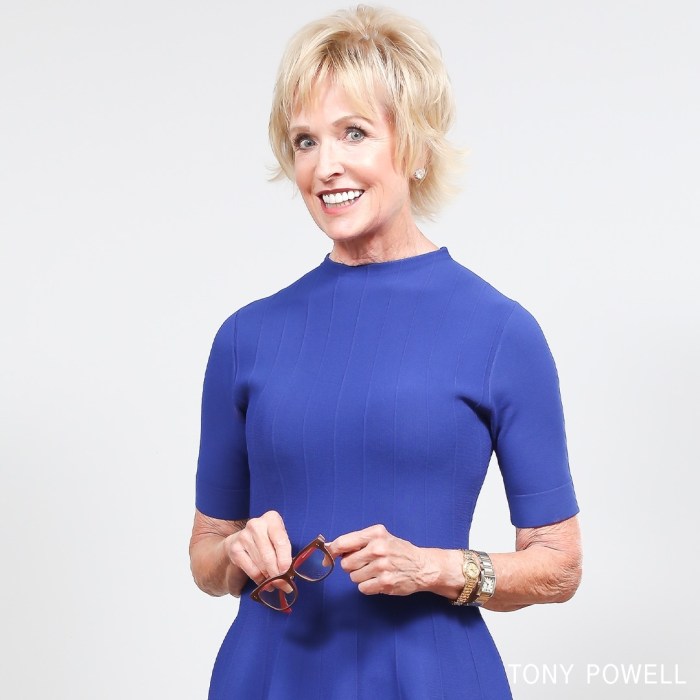Two first ladies with much in common
By Kathy Kemper | Published in The Hill, March 12, 2015, 04:00 pm
First Lady Michelle Obama’s planned visit to Japan next week carries a message of goodwill to one of the closest U.S. allies. But the most intriguing part of this trip could be watching the dynamic Mrs. Obama team up with her counterpart, Japan’s outspoken First Lady Akie Abe.
The two have a lot in common. Mrs. Abe, breaking the traditional role of Japan’s low-profile first ladies, is a polished public speaker and energetic supporter of causes, like her American counterpart.
They even share some of the same causes. Mrs. Obama famously invited school children to help plant an organic vegetable garden on the White House grounds to promote healthy eating.
Mrs. Abe has a small farm in her husband’s hometown, where she raises organic rice and where she has been known to wade into the fields to help with the tending. Her reputedly tasty crop goes by the popular nickname “Akie rice” and is offered on the all-organic menu of a Tokyo pub that she opened a few years ago.
Both first ladies overcame circumstances that could have stifled their careers. Mrs. Obama, now 51, grew up in a working-class family and credits her education at Princeton University and Harvard Law School for lifting her into a broader world where she was a successful attorney before she became one of today’s most prominent global figures.
Mrs. Abe, who is 52, grew up as the well-educated daughter of the president of a big confectionary company. But as she tells audiences and interviewers, at the time she graduated from university, society was pressuring young Japanese women to seek marriage, not professions.
She worked in advertising and even did a stint as a radio DJ.
Now that Shinzo Abe, her husband, is prime minister, Mrs. Abe charmingly ignores the unwritten rule that she should remain all but invisible and silent. She is a frequent speaker at conferences, occasionally taking public positions contrary to her husband’s.
For example, Mr. Abe wants to restart some of the nuclear power plants shut down since the tsunami disaster of 2011; she urges alternative energy instead. He is proposing a sales tax hike; Mrs. Abe says she’s against it.
They both jokingly refer to her as the “opposition at home.” At the same time, she has become her husband’s invaluable ally in promoting “womenomics,” his campaign to bring more of Japan’s women into senior positions in businesses and government. And she told the Associated Press last year that her husband helps out around the house, even doing the dishes.
When Mrs. Obama and Mrs. Abe meet in Tokyo next week, they are expected to launch a joint effort to pursue one of the passions they share—finding ways to keep more of the world’s girls in schools.
The “Let Girls Learn” initiative, announced earlier this month by President and Mrs. Obama, is designed to mobilize Peace Corps volunteers in collaboration with Japan’s Overseas Cooperation Volunteers to help more adolescent girls attend school.
The project is scheduled to begin operations this year in 11 countries, including Cambodia, the other country on Mrs. Obama’s itinerary.
Mrs. Obama has long been making the case for education, urging U.S. students not only to stay in high school but to go to college. Mrs. Abe is a patron of the Bangladesh-based Asian University for Women, which educates women from Asia and the Middle East. She has also long raised funds for schools in Myanmar.
Few goals could be more important than keeping girls in school, given that about 62 million girls worldwide are not in school and about half of these are adolescents. As the World Bank reports, women who have more education “tend to be healthier, participate more in the formal labor market, earn more income, have fewer children, and provide better healthcare and education to their children.”
That’s a worthy project for a partnership of two energized and influential first ladies two of the world’s most powerful nations.
Kemper is founder and CEO of the Institute for Education, a think tank that promotes intercultural appreciation.
